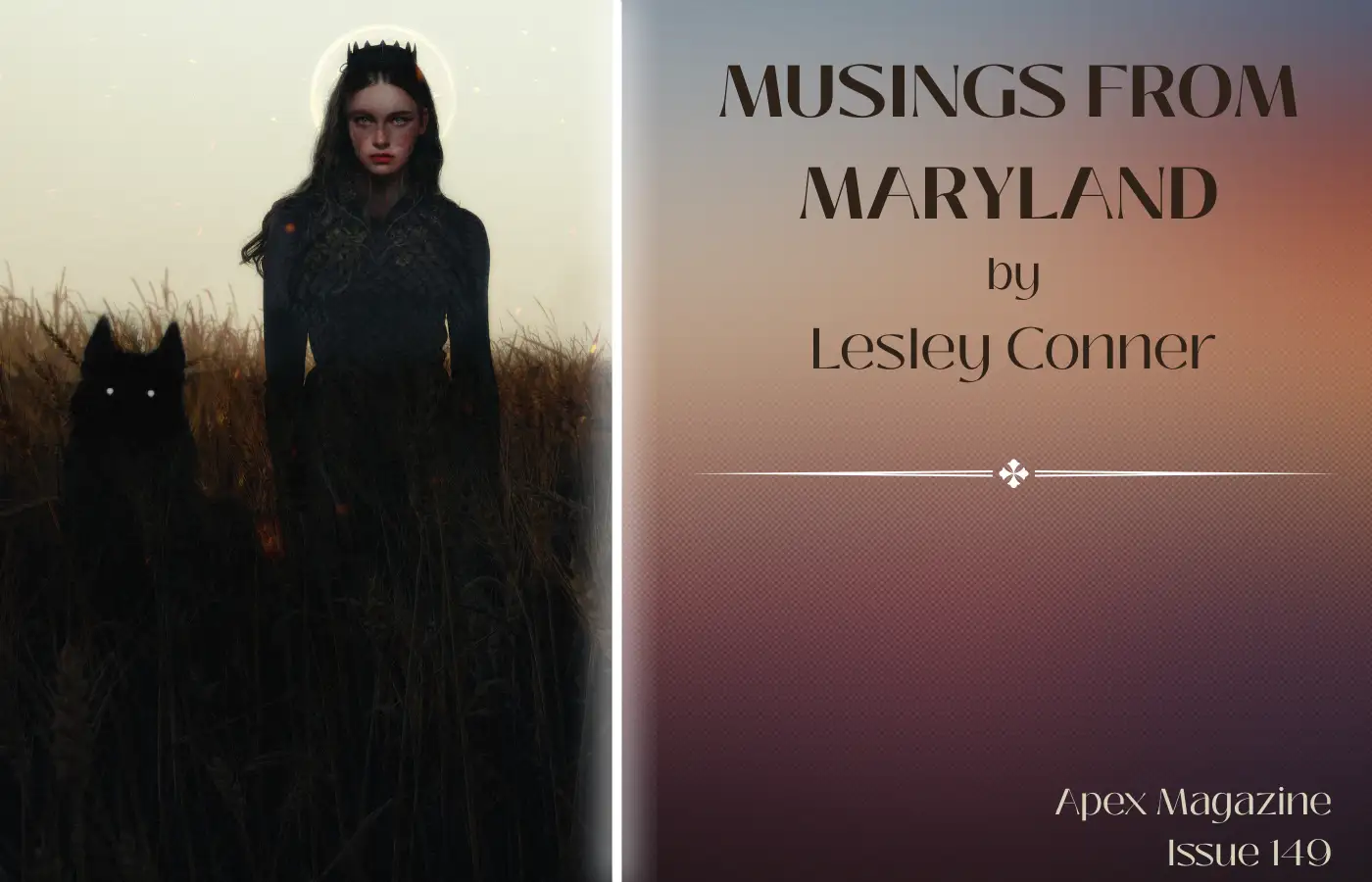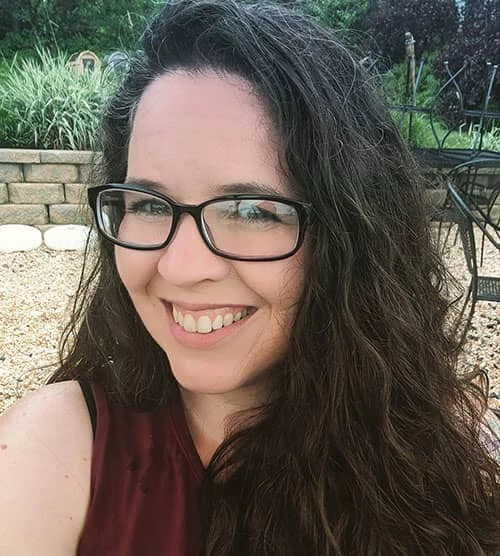
Welcome to Apex Magazine issue 149. We have a lot of first-time Apex authors this month, as well as a couple of first publications. Joining them are authors who you should be very familiar with if you’ve been reading Apex Magazine for a while now.
I’ve selected five pieces of original fiction for this issue that take readers to worlds vastly different from our own. The rules are unusual, customs unfamiliar, and world views foreign, but at the heart of the story are people. People who have feelings and reactions you will recognize and understand.
Opening the issue is the amazing Ai Jiang. “Shadows Below Seaway Trains” gives us a brief look into a future where cars are obsolete, public transportation is everywhere (though that comes with its own risks), and raising children can be a money-making venture. Our main character has been following Atlas for years, but Atlas doesn’t always have the best ideas and it is becoming very clear that the only person he cares about is himself. When one of his schemes puts the narrator in an impossible situation, they have to decide whether they’re going to follow in Atlas’s footsteps and only care about themselves, or if they will become something better.
For Atana, the main character in Beth Goder’s “Seven Ribbons,” it isn’t even a choice about whether she will be selfish and remain safe, or if she will throw her life away to help her sister. She will choose Irela every time. The two live with their father in Bartask, a city that demands absolute loyalty from its inhabitants—a loyalty that can never be questioned or hidden. This is hard for Irela, who is frenetic and constantly questions everything. What would it be like to live in Ulez? What does it feel like to take off the ring that marks them as civilians of Bartask? What is beyond the border that surrounds both cities? These questions are not safe, but Irela cannot keep herself from asking.
“I Remember a One-Sided Die” by Francis Bass is a truly unique story. Told from the perspective of !uau, an alien on a world human explorers have found, nothing about this story feels familiar or comfortable. Everything—from the pacing, the language used, the characterization, the world-building—all come back to the title, “I Remember a One-Sided Die.” !uau is trying to understand differences in their life that have never been there before. The human explorers came and things changed. But !uau is continually told this is wrong. Nothing has changed. Things are as they should be. This story twists times and perception in a way I’ve never encountered before, and I hope you enjoy it as much as I did.
“Heart Seeds” is author E. Thade’s first published story! It’s a post-apocalyptic tale told through letters written by a sentient child robot named Lan. Humans have solved disease and death through a medication called viah, but doing so have left themselves barren. Viah is in short supply and with people being who they are, they destroy the Earth trying to hoard the medication. The elite create robots called “children,” who take care of them, keeping those select few healthy in a dying world. But nothing can last forever. There is no more viah, and all the remaining humans are sick and dying. Lan writes the letters as a way to try and understand the world around them.
Rich Larson returns to the pages of Apex Magazine with “Lies as the Natural State of Things.” The truth can be a horrible weight to bear, and as the truth unfolds in this story, it becomes obvious why the characters in the story would want to avoid it. I don’t want to reveal too much, but as you read this story, consider what you would do with the cup.
Our flash this issue takes us through the themes of MEMORY, TAROT CARDS, and HOPE/SACRIFICE. What unites these stories is the gorgeous language used to explore potent subjects. “Eight Ways to Kill a Language,” by Rukman Ragas, is a raw exploration of many layered themes—memory is only one element of this epistolary horror. “Extenta,” by Daniel Roop takes the reader to the far future of humanity and curiosity, and “Things the Older Boy Understands,” by Sierra Branham to a cafeteria on a transport ship—careful, this one will break your heart.
Our essays this issue are by Eugen Bacon and Semaj Saint Garbutt. We have reprints by Michael Boatman and L. Marie Wood. Marissa van Uden interviews Ai Jiang and Francis Bass, delving into their writing processes and the mechanics of their stories. Bradley Powers discusses art with this issue’s cover artist, Yorgos Cotronis.
Finally, we have the winners of our first of two drabble contests this year. Edited by the drabble king himself, Kai Delmas, the theme for this contest was End of Days. Congratulations to Derek Alan Jones, Liam Hogan, and Cressida Roe. I hope you all enjoy reading these pieces as much as I have.
Apex’s next official issue is number 150! A hundred and fifty issues of Apex! That’s a little hard to wrap my head around, but it’s happening and I am so excited for it. This issue will be released in July 2025 and will feature original fiction from previous unpublished or unpaid writers. Breaking into publishing can be incredibly difficult and I am always excited to give writers that little boost that can take them from “this is really good, but we’ve decided to pass” to an enthusiastic “I would love to publish this!” Issue 150 is going to be fantastic! I hope that you’ll come back to read it.
In the meantime, enjoy issue 149, and if you’re a subscriber or patron, be on the lookout for a little something extra that Rebecca E. Treasure and I are cooking up.
Yours in reading,
Lesley Conner
Editor-in-Chief
Apex Magazine










